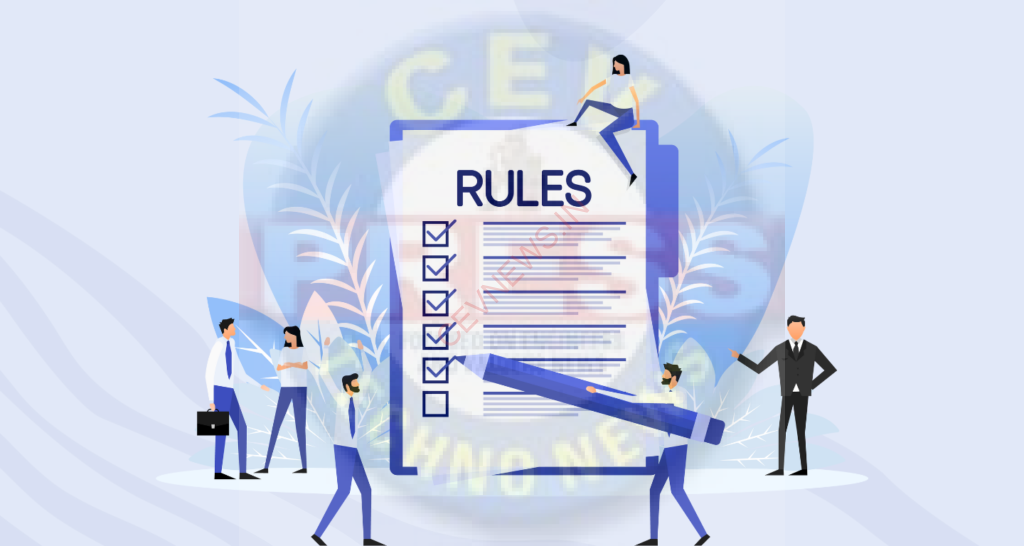ETHICAL PRACTICES IN CLIENT-VALUER RELATIONSHIPS
Ethical Practices in Client-Valuer Relationships in India
The relationship between clients and valuers in India is pivotal in ensuring accurate, fair, and transparent asset valuation. This relationship is governed by ethical practices that safeguard the interests of all stakeholders and maintain the integrity of the valuation profession. Below are the key points highlighting the essential ethical practices in client-valuer relationships.
1. Professional Competence and Due Care
Valuers must possess the requisite qualifications, skills, and experience to conduct valuations competently. Continuous professional development is crucial to keep abreast of the latest valuation techniques, regulations, and industry standards. Valuers should exercise due care and diligence in every valuation assignment to ensure accuracy and reliability.
2. Independence and Objectivity
Independence is fundamental to the credibility of a valuation. Valuers must avoid conflicts of interest and ensure their judgments are not influenced by any personal or external interests. Maintaining objectivity requires valuers to provide impartial and unbiased opinions, irrespective of client pressures or potential financial gains.
3. Transparency and Disclosure
Clear communication and full disclosure are essential for ethical client-valuer relationships. Valuers should transparently communicate the valuation methodology, assumptions, limitations, and any potential conflicts of interest. Full disclosure helps clients understand the basis of the valuation and fosters trust.
4. Confidentiality
Maintaining the confidentiality of client information is a cornerstone of ethical practice. Valuers must protect sensitive client data and use it solely for the purpose of the valuation. Unauthorized disclosure of confidential information can lead to legal repercussions and damage the valuer’s reputation.
5. Fairness and Integrity
Valuers should uphold the principles of fairness and integrity in all their dealings. This involves providing honest opinions based on accurate data and reasonable assumptions. Valuers should avoid any practices that could mislead or deceive clients, stakeholders, or the public.
6. Compliance with Legal and Regulatory Requirements
Adhering to legal and regulatory frameworks is imperative for ethical practice. Valuers must comply with all relevant laws, regulations, and professional standards. This includes following guidelines set by regulatory bodies such as the Securities and Exchange Board of India (SEBI) and the Insolvency and Bankruptcy Board of India (IBBI).
7. Accountability and Responsibility
Valuers should take responsibility for their work and be accountable for their actions. This includes rectifying any errors promptly and addressing any concerns raised by clients or regulators. Valuers must also be prepared to explain and justify their valuation conclusions if required.
8. Avoidance of Misleading Practices
Ethical valuers must avoid any practices that could mislead clients or other stakeholders. This includes refraining from inflating asset values to meet client expectations or using deceptive methods to achieve desired outcomes. Ethical valuers prioritize accuracy and truthfulness over client appeasement.
9. Continuous Improvement
The valuation profession is dynamic, and ethical valuers should commit to continuous improvement. This involves staying updated with industry trends, advancements in valuation methodologies, and changes in regulatory requirements. Continuous improvement ensures that valuers provide the best possible service to their clients.
10. Ethical Conduct in Fee Arrangements
Fee arrangements should be transparent, fair, and agreed upon before commencing the valuation assignment. Valuers should avoid contingent fee structures that may compromise their independence and objectivity. Ethical conduct in fee arrangements ensures that valuers’ judgments are not influenced by financial incentives.
Ethical practices in client-valuer relationships are essential for maintaining the integrity and credibility of the valuation profession in India. By adhering to principles of competence, independence, transparency, confidentiality, fairness, compliance, accountability, and continuous improvement, valuers can build trust with clients and contribute to a fair and transparent valuation landscape.


